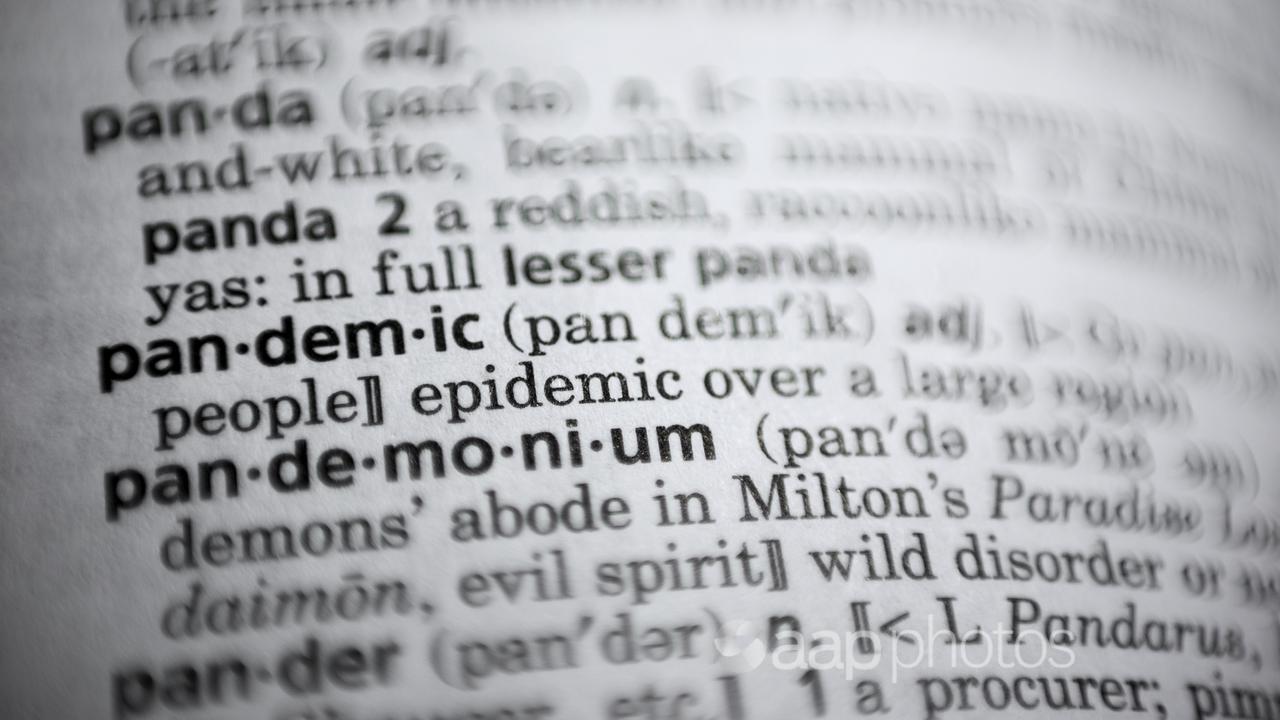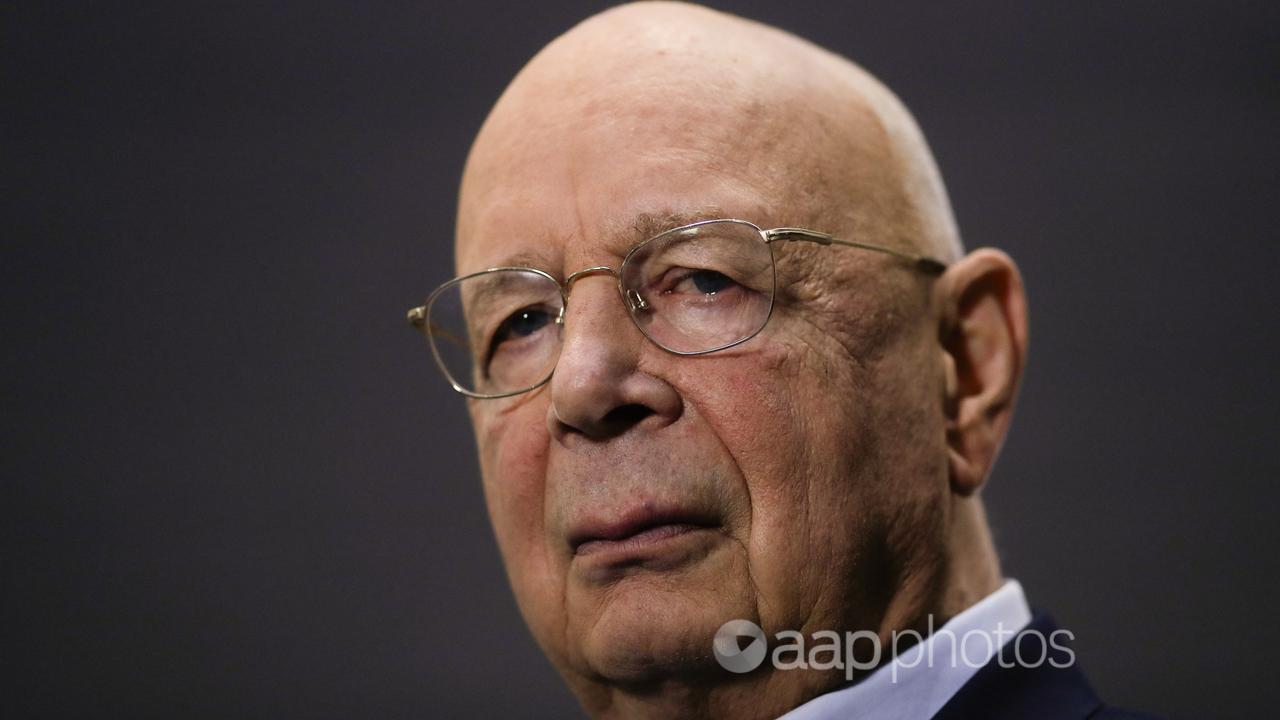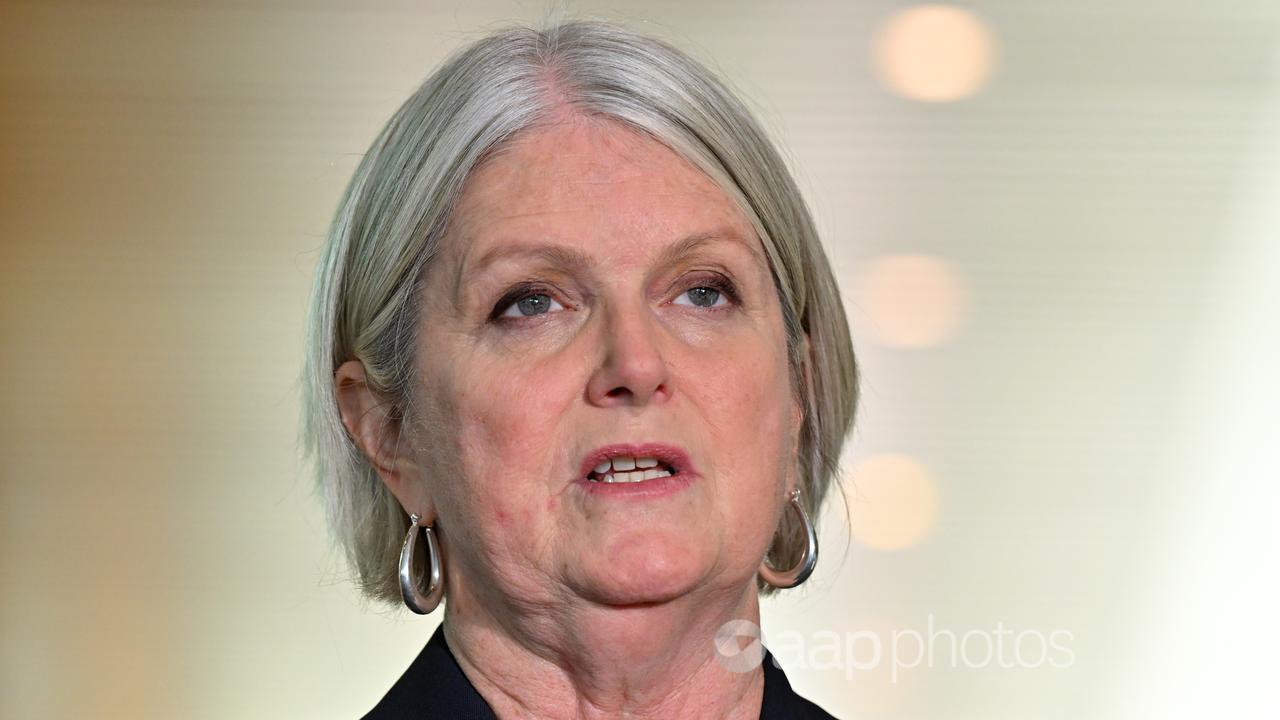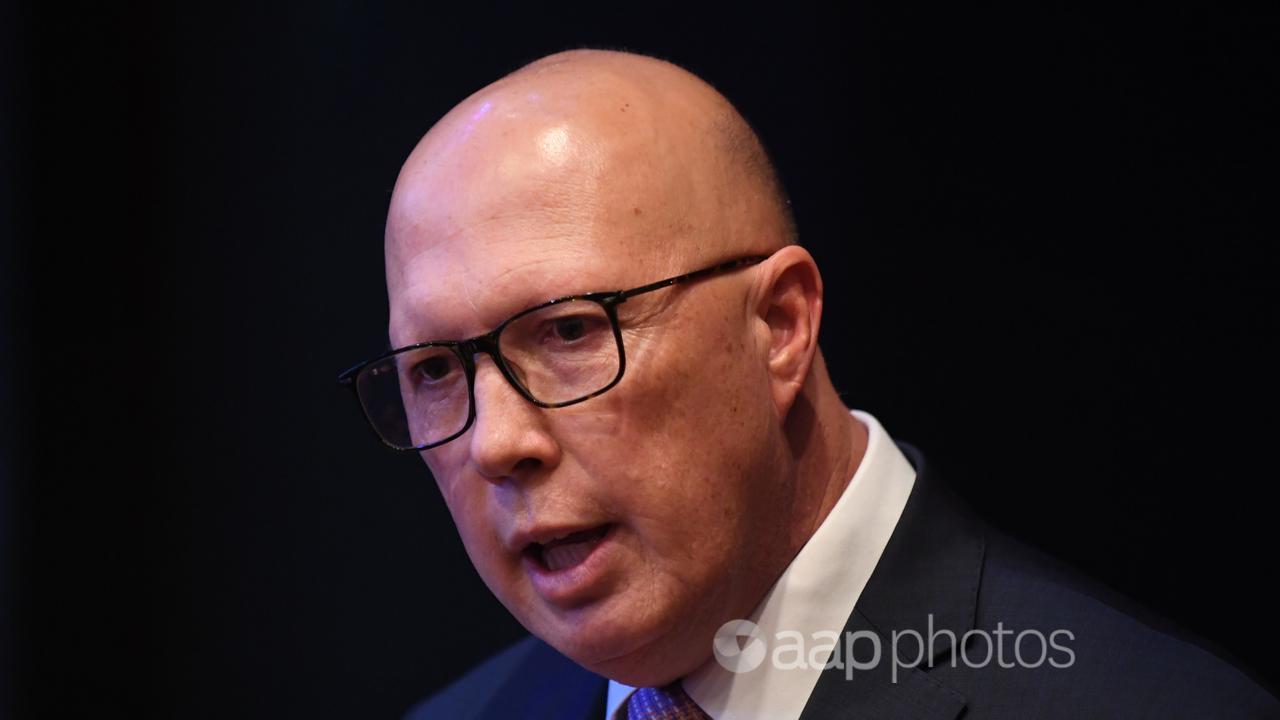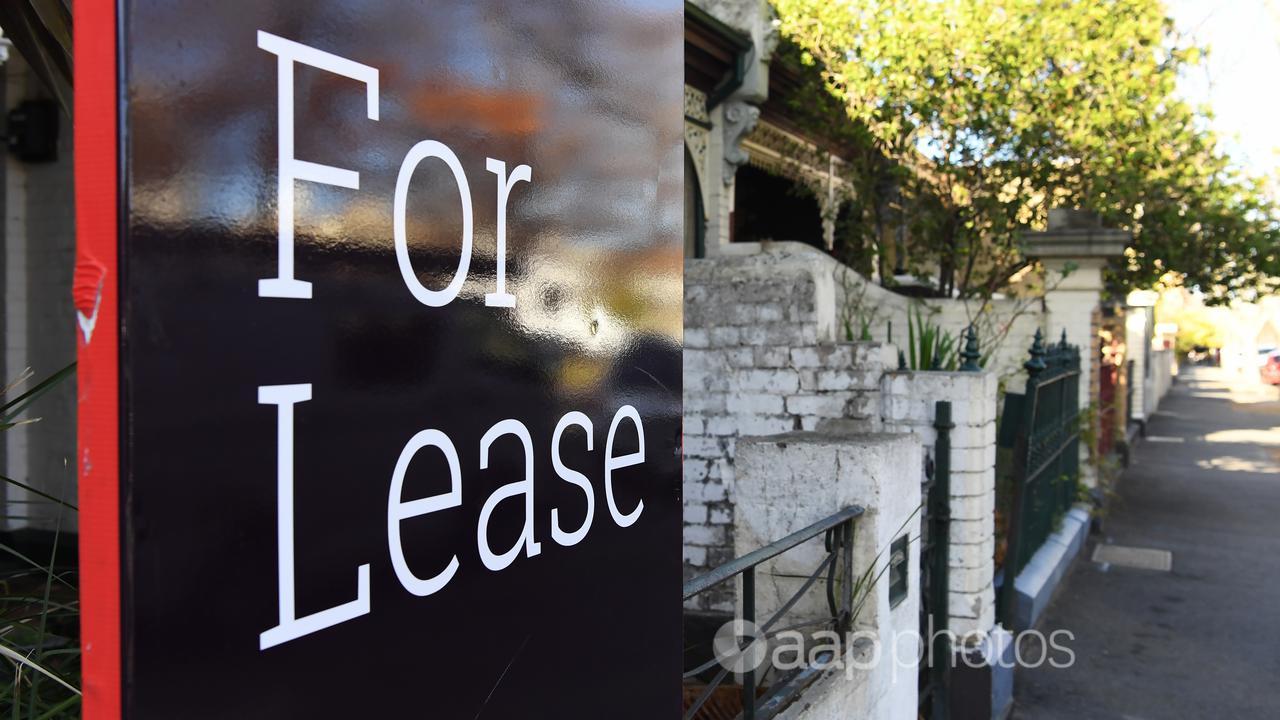The role of smartphones in changing the way people communicate has made the push for more simplified spellings of many English words more relevant than ever.
But a social media claim that the US chose to shorten words – such as “canceled” for “cancelled” or “color” for “colour” – because it was cheaper to advertise in newspapers, is nothing more than unsubstantiated rumor … er, rumour.
The claim dates back to at least 2018 when it was fact-checked as false, however it continues to be shared as a meme by Australian Facebook accounts. The meme is a screenshot of a 2016 post, which asks: “Why is it ‘cancelled’ in the UK, but ‘canceled’ in America?”
The reply to the post reads: “Oh! I actually know the answer to this one! American newspaper ads charged by the letter, so a lot of people would eliminate unnecessary letters like the second L in ‘cancelled’ or the U in ‘colour’. Some of these spelling changes were used so often that they stuck, and now Americans just spell some words differently. In summary: Americans spell things weird because capitalism.”
Language experts in Australia and the US told AAP FactCheck that the claim in the meme is not only false but also something of a running joke.
Professor Kate Burridge of Monash University’s School of Languages, Literatures, Cultures and Linguistics, said the claim was “complete baloney, poppycock, and all the other gorgeous words the English language has for utter bunkum”.
“Many of these so-called ‘American’ spellings like -or in place of English -our and -ize in place of -ise originated in Britain,” Prof Burridge said in an email.
“Deleting the ‘u’ in words like colour was something that British Samuel Johnson did (in his dictionary of 1755), but not consistently (e.g. he dropped it in actor, doctor, inspector and also exterior but not interiour). American Noah Webster, and others following him, opted for getting rid of ‘u’ altogether (so was more consistent).”
The Merriam-Webster website agrees that many American spellings existed before lexicographer Webster championed them in both his A Compendious Dictionary of the English Language (1806) and An American Dictionary of the English Language (1828). The word “traveller”, which like “cancelled” has a single L in American spelling, seemed to morph between the two publications.
“Noah Webster didn’t include the past tense form of travel in his 1806 dictionary, but he did include traveller, with two ‘l’s.’ By his 1828 dictionary, he’d decided on traveler and included the past tense form traveled as well, paving the way for Robert Frost to write the famous lines: ‘I took the one less traveled by, And that has made all the difference,'” the website says.
A 2019 article published by dictionary.com says most of Webster’s invented spellings failed to take hold, so “he opted for existing spellings that were in line with his aims”.
Elyse Graham, associate professor of humanities at New York’s Stony Brook University, said the claim about lengths of words in a newspaper, and the associated cost, has been the subject of gentle jokes among writers for a long time.
“In English, we have the phrase ‘ten-dollar words’ to describe words that are unnecessarily sesquipedalian,” Dr Graham told AAP FactCheck in an email. “But it isn’t true that American spelling has anything to do with the cost of printing words in a newspaper or the efforts of thrifty advertisers to save money.”
Dr Graham also sourced the variant spellings to Webster, who she said “wanted Americans to spell words more simply … because he thought it would help children learn to read more easily, be helpful to foreigners in this country of immigrants, and would give American publishers an excuse to print American-language editions of British books.”
In a blog Dr Graham wrote for Oxford Dictionaries, she said Webster also wanted to purify the language.
“He also argued that simplified spelling would restore the language to the purity of its Anglo-Saxon past, before the ‘princes’ who came to Britain with the Norman invasion imposed foreign rule and, with it, foreign spellings.”
Webster, born in 1758, appeared to have political and nationalistic motivations for standardising an American version of English words as way of unifying the country. Whatever his motivation, the result of his work gave “American English a dignity and vitality of its own,” according to Britannica.
Phil Benson, a professor of linguistics at Macquarie University, told AAP FactCheck that it’s hard to exactly pinpoint Webster’s motivation.
“But he was not a newspaperman so that is probably not part of the explanation. He was an educationalist and it seems that he just wanted to make English spelling easier for children to learn,” Prof Benson said in an email.
“It is worth noting though, that English spelling was pretty unstable at the time. The idea that a word should only have one spelling is pretty modern. Webster generally chose the simpler of two alternatives. In that sense he did not ‘change’ the spelling of centre to center. What he did was to codify center, which already existed, as the American spelling.”
The Verdict
The claim that American variant spellings originated because newspapers charged advertisers by the letter is false. The differences can be largely attributed to lexicographer Noah Webster, who proposed spelling reforms in the United States, according to publications and experts.
False – The claim is inaccurate.
AAP FactCheck is an accredited member of the International Fact-Checking Network. To keep up with our latest fact checks, follow us on Facebook, Twitter and Instagram.
All information, text and images included on the AAP Websites is for personal use only and may not be re-written, copied, re-sold or re-distributed, framed, linked, shared onto social media or otherwise used whether for compensation of any kind or not, unless you have the prior written permission of AAP. For more information, please refer to our standard terms and conditions.

